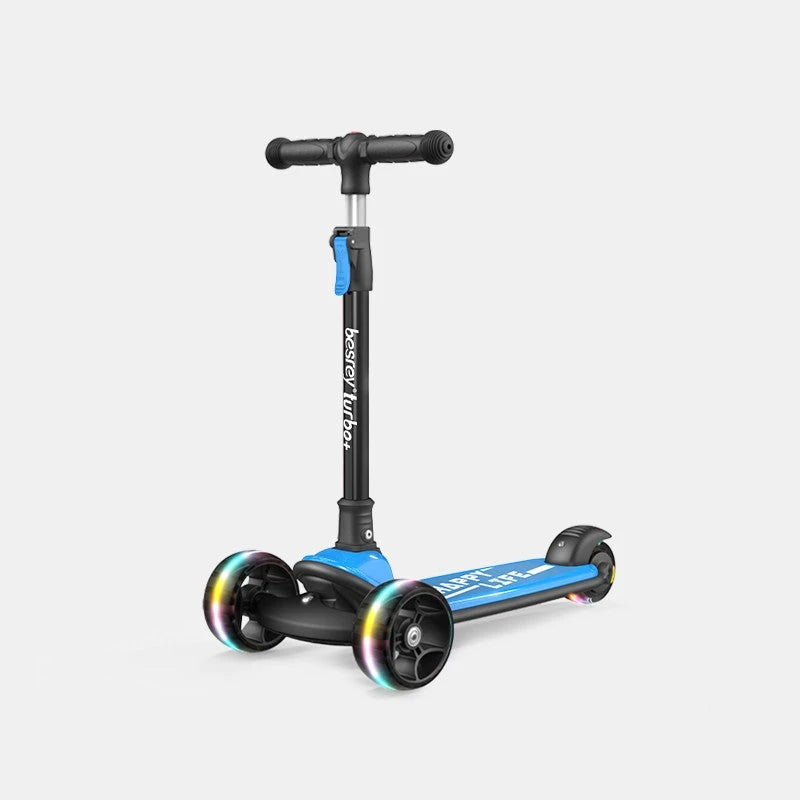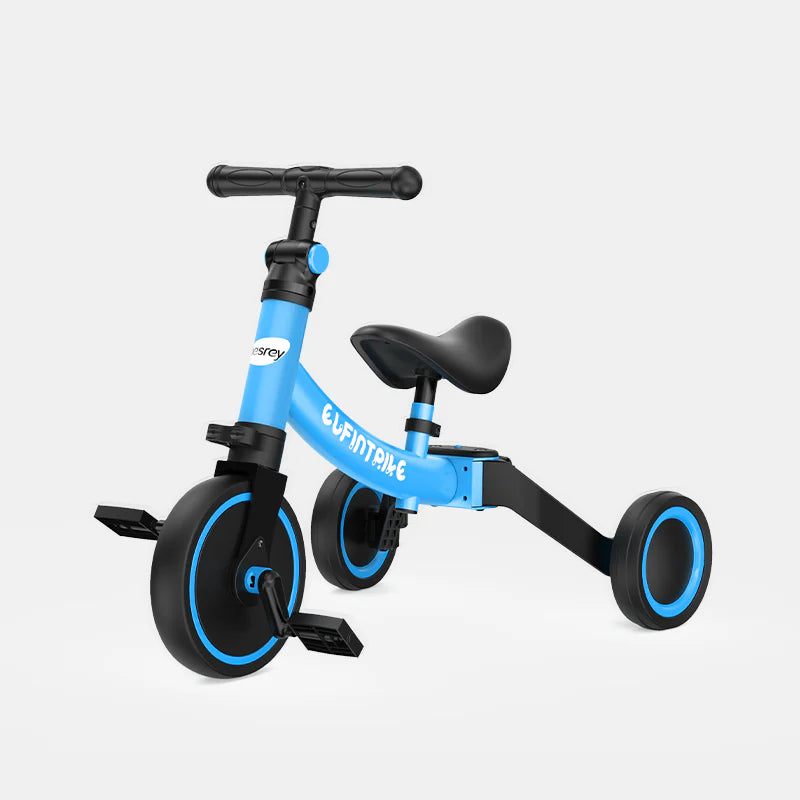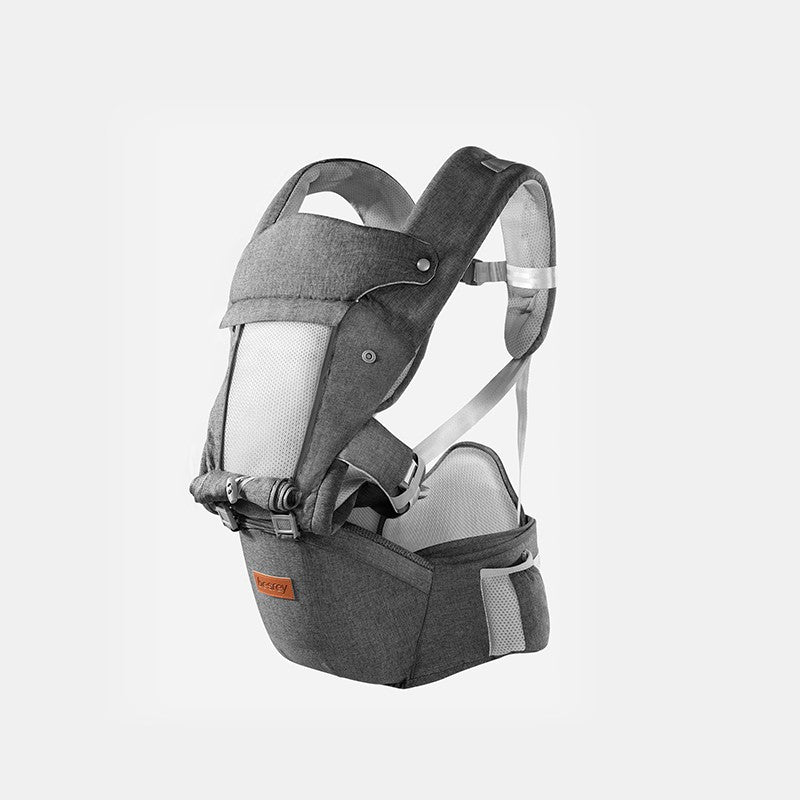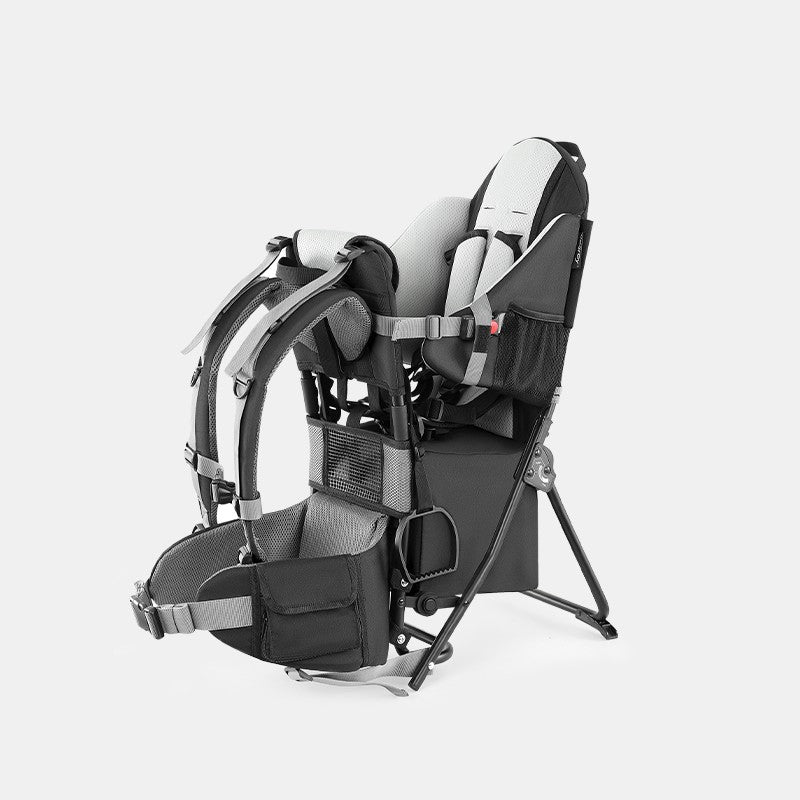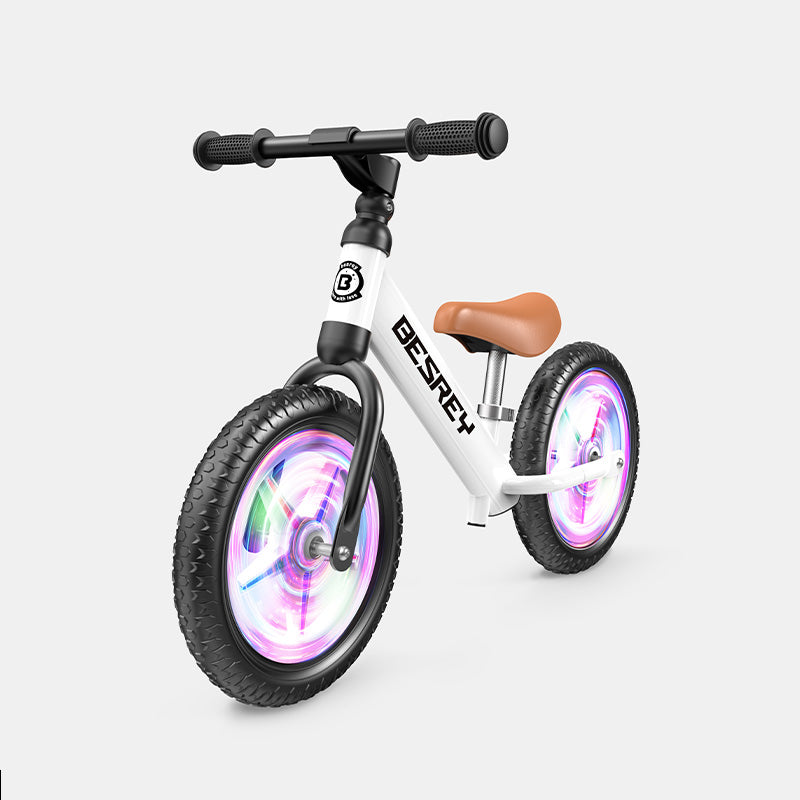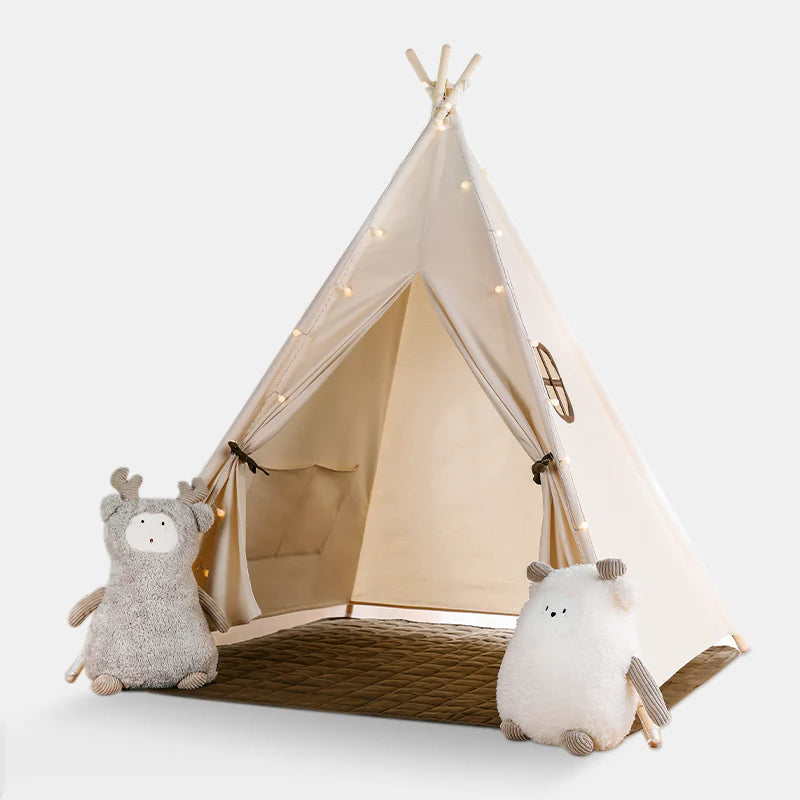Besrey - Sep 26 2025
Age-Appropriate Housework for Children Under Five

You don’t have to wait until a child is “old enough” to pitch in. Most kids under five already want to help. They watch everything you do—loading the dishwasher, folding clothes, watering the plants—and they want a turn. It’s less about the task itself and more about being included. When they’re invited to help, they feel capable. And that feeling sticks.
They mimic what they see, take pride in small tasks, and enjoy being part of whatever the grown-ups are doing. Their help won’t be perfect, but that’s not the point. Giving young kids a role in housework builds confidence, independence, and a sense of belonging. The key is choosing the right kind of task for their age and ability.
What Toddlers Can Do (Ages 2 to 3)
At two or three, kids don’t see chores—they see what you’re doing and want to be part of it. Folding laundry? They’ll grab a towel. Sweeping the floor? They’ll want their own broom. The results might be chaotic, but their instincts are spot on. This is how they learn.
Most toddlers are drawn to simple tasks with clear starts and finishes. Show them how to toss toys into a basket, and they’ll do it again and again. Give them a cloth to wipe the table, and they’ll scrub like it matters. These aren’t just games—they’re practice runs for real responsibility.
Some of the best toddler jobs are the mess-proof kind. Feeding the dog, matching socks, loading the washing machine one item at a time. It might take longer, and it won’t always be helpful in the traditional sense, but it gives them a role. That matters more than the outcome.

Chores for Preschoolers (Ages 4 to 5)
By four or five, kids aren’t just tagging along. They remember routines, ask questions, and want more say in what they do. They notice when the table’s set or the bed’s made, and they’re often proud to take charge of one small part of it.
This is a good time to hand off a few real responsibilities. Let them fold washcloths or match up clean socks. Show them how to water the plants or set out napkins before dinner. These are jobs they can manage on their own, even if it takes a little practice.
Not everything needs to be perfect. A bedspread pulled up halfway still counts. So does a stack of towels that leans a bit. What matters is that they’re trying and that someone notices. Kids this age thrive on that small nod of approval: “I saw you did that. Nice work.”
They also respond well to rhythm. When they know they’re the one who feeds the cat or brings in the mail, it becomes part of their day. It’s not a chore to them. It’s just what they do.
Creating a Positive Experience
The way chores are introduced to kids makes a difference. If housework is always talked about as a burden, kids will start to see it that way. But if it’s part of family life and even a little fun, they’ll be more likely to join in willingly.
Keep instructions short and clear. “Put the spoons on the table” works better than a long explanation. Let them do things their way sometimes. If they fold a towel into a triangle, it’s still folded. Praise effort, not just results.
Avoid turning chores into a reward system too early. It’s better for young kids to see housework as something everyone does together, not something to be traded for a treat or toy. A simple “Thanks for helping” goes a long way.

Raising Capable Kids Starts Early
Giving young children a chance to help around the house isn’t about getting things done faster. It’s about helping them feel useful, included, and trusted. The habits they form now—picking up after themselves, following routines, seeing work as part of life—will stick with them.
Start small. Keep it simple. And remember, a three-year-old helping you sort socks is doing more than just laundry. They’re learning how to be part of a team.

